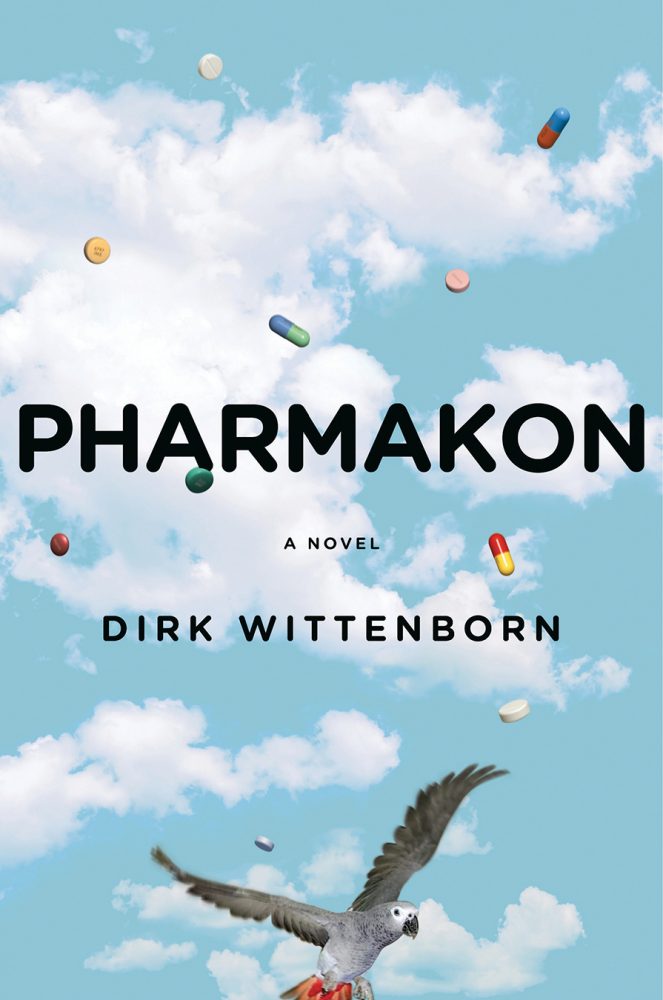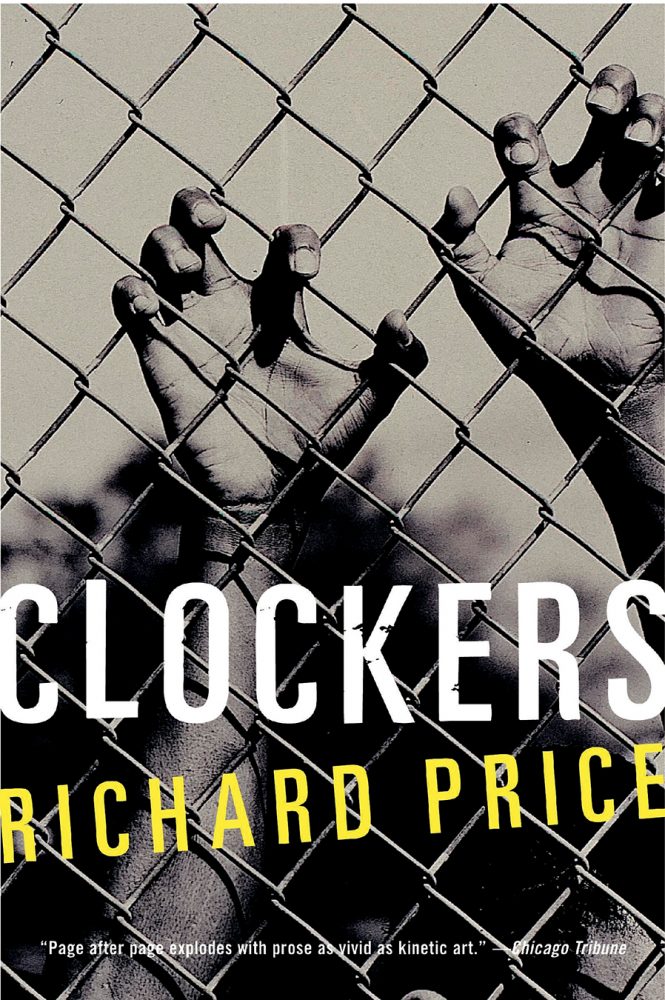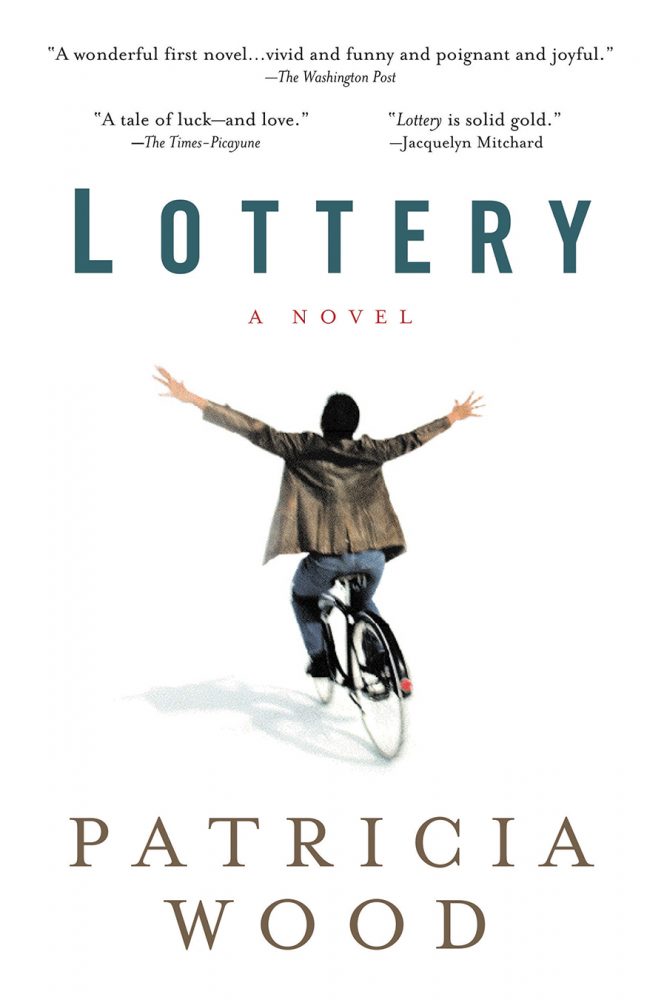Novels are a collection of lies, and yet the great ones take us deep inside the truth. For instance, you could read dozens of non-fiction books about the pharmaceutical industry and the illegal drug trade, and you’d still come away with but a fraction of the insight into the tortured relationship western society has with drugs offered by two novels: Pharmakon (Viking, 2008), by Dirk Wittenborn and Clockers (HarperCollins, 2002), by Richard Price.
In 1951, at the start of the semi-autobiographical Pharmakon (Wittenborn’s father was a well-known pharmacologist), Doctor Friedrich is an overworked associate professor at Yale. Brilliant and ambitious, he’s looking for his break, when he overhears a conversation about a fermented liquid called The Way Home, given to depressed cannibals in New Guinea.
Friedrich begins to test the substance, which he renames gai kau dong, on various subjects, including a suicidal young man named Casper Gedsic. It soon becomes apparent that he’s found a miracle cure for unhappiness. The most dramatic of his subjects’ reactions is that of Casper, who is transformed almost beyond recognition, raising the dark questions at the heart of this novel. How much of unhappiness is right and natural? What happens to us when we take away that unhappiness?
The first section of the novel, a vivid portrait of the ivy league academic milieu, moves with an almost hallucinatory intensity to its tragic conclusion. The second section, a family narrative about the Friedrichs in their post-Gedsic period, slows. Part is narrated by cocaine-addicted son, Zach, who seems to be the author’s stand-in. The final thoughts are Dr. Friedrich’s. In the end, this innovator in mood altering drugs finds himself alone with his human condition, for which apparently there is no cure.
Clockers, by Richard Price, was first published in 1992. It is, in part, the story of two brothers living in the projects in New Jersey. Victor works two jobs to support his wife and young child, while his younger brother, Strike, runs a small drug crew from a bench near his apartment. Through equally harrowing lives, both brothers are ultimately stressed to the breaking point (both could use a little gai kau dong). Strike swigs from a bottle of Yoohoo in an attempt to pacify his ulcer, and Victor lives a life of quiet desperation until a murder makes them the focus of the local police and high level dealers.
Clockers explores the opportunities the illegal drug trade offers in poor neighborhoods and makes the targets of the war on drugs more understandable than most of your neighbours. It inspired the HBO show, The Wire, itself one of the most critically acclaimed series in recent memory. It also became a Spike Lee film, in 1995. An intricate and beautifully told murder mystery, it is certainly one of the finest American novels of the past generation. Everyone should read this book.
The truth is, though, that none of us would need to buy, sell or take drugs if we had half the soul of Perry R. Crandall, the hero of Patricia Wood’s Lottery (Penguin Audio, 2007). I listened to this audio book on the recommendation of a librarian who got positively squirmy with enthusiasm when she talked about it. Read by Paul Michael, Lottery is a book defined by generosity of spirit and what Perry, a committed dictionary reader, calls echt, or truth.
Perry Crandall, IQ: 76, was rescued from his awful family (which tends to lawyers) by his irascible and unforgettable Gram. Perry tells us he’s a lucky man, a fact that is underscored when he wins the Washington State lottery to the tune of 12 million dollars. The blessing, however, is decidedly mixed, as Perry’s venal relatives try to swindle him out of his winnings. Fortunately, Perry has a few good friends, including Keith, a lewd Vietnam vet, and Cherry, a goth clerk at the local Handy Mart, each of whom is brought into sharp focus by Michael’s brilliant performance.
As I listened to this book, I found myself laughing out loud, and, in one terrible instance, weeping uncontrollably. Wood’s debut novel does nothing less than tell us what it means to be fully human and, god help us, fully present for life. In short, it embodies the meaning of echt.












